The numbers speak for themselves.
According to the World Health Organization, autism is a neurodevelopmental disorder that impairs communication skills and the development of social relationships. For many reasons, the number of children with autism and intellectual disabilities is increasingly common.
Worldwide , it is estimated that one in 100 children has autism spectrum disorder (survey data March 2022). In Vietnam, according to the 2016 national survey on people with disabilities, the rate of children with disabilities is 2.79%, of which psychosocial disabilities are the most common.
Meanwhile, according to the 2021-2022 report of the Department of Psychology, Children's Hospital 1 ( Ho Chi Minh City), the rate of children with autism spectrum disorder fluctuates between 1.5-2%.
According to the General Statistics Office, Ministry of Planning and Investment (now the Ministry of Finance) in 2019, the number of autistic people in Vietnam is on the rise, autistic children account for about 1% of children born each year. Although there have been many progressive policies to improve the quality of life of people with disabilities, these subjects still face many barriers in accessing education, health care and social security services.
According to a survey by the General Statistics Office, only 16.8% of disabled children aged 2-15 have disability certificates, and only 14.1% of schools with disabled students have teachers trained to support these children.
Specialized educational facilities for students with disabilities, including the Center for Supporting the Development of Inclusive Education, Tuong Lai Specialized School, Thanh Tam Specialized School, etc., are performing well in educating children with disabilities. However, in the residential community, there are still a number of autistic children who do not have a disability certificate due to many reasons. The consequence is that they do not receive appropriate support and face obstacles in accessing intervention activities and support integration for development.
Action for vulnerable children
To care for, protect, and improve knowledge and skills for autistic and disabled children, organizations, units, and localities have implemented many practical activities.
In mid-June 2025, World Vision Vietnam in collaboration with the European Union launched the project "Improving social integration capacity for children with autism and intellectual disabilities" in An Hai ward. The target audience is 783 children, 500 caregivers in the wards; 17,200 students and 200 teachers in primary and secondary schools.
The project aims to enhance the voice and role of children with autism and intellectual disabilities in participating and creating activities in the community and schools; create an inclusive environment for children; and ensure effective implementation of policies to support children with autism, intellectual disabilities and their caregivers.
A representative of World Vision Vietnam said that to achieve the above objectives, the project develops training materials, organizes workshops for stakeholders; and establishes support groups for parents. In addition, the project focuses on raising awareness through communication campaigns at schools and in the community, and implementing initiatives initiated by autistic children themselves.
At the same time, promote the implementation of policies for autistic and disabled children. The ultimate goal is to ensure a comprehensive support system from family, school and society for autistic and mentally disabled children, creating an environment for them to integrate and develop.
As a club that brings together families with autistic children, the Autistic Families Association (under the City Association of the Disabled) maintains effective operations. The association regularly organizes training sessions, shares knowledge and experiences to help parents know how to care for and intervene for their children; and advises parents with autistic children, helping them better understand the rights and needs of their children.
At the same time, organize exchanges and connections to help disabled children integrate into the community; increase the participation of autistic children in inclusive education, contribute to raising awareness and reducing discrimination in social life.
Source: https://baodanang.vn/nang-cao-nang-luc-hoa-nhap-cho-tre-yeu-the-3265017.html




![[Photo] 60th Anniversary of the Founding of the Vietnam Association of Photographic Artists](/_next/image?url=https%3A%2F%2Fvphoto.vietnam.vn%2Fthumb%2F1200x675%2Fvietnam%2Fresource%2FIMAGE%2F2025%2F12%2F05%2F1764935864512_a1-bnd-0841-9740-jpg.webp&w=3840&q=75)

![[Photo] National Assembly Chairman Tran Thanh Man attends the VinFuture 2025 Award Ceremony](/_next/image?url=https%3A%2F%2Fvphoto.vietnam.vn%2Fthumb%2F1200x675%2Fvietnam%2Fresource%2FIMAGE%2F2025%2F12%2F05%2F1764951162416_2628509768338816493-6995-jpg.webp&w=3840&q=75)

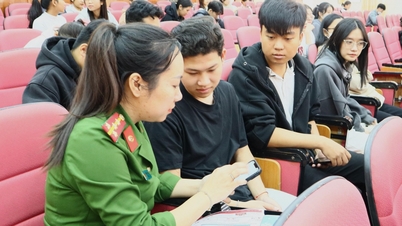



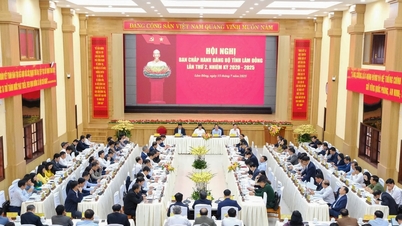

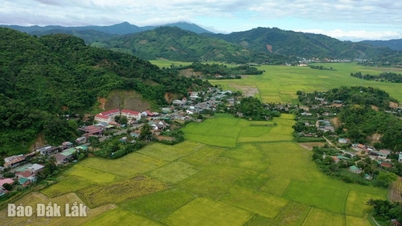
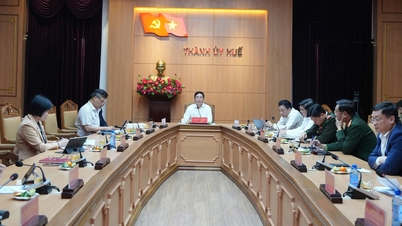


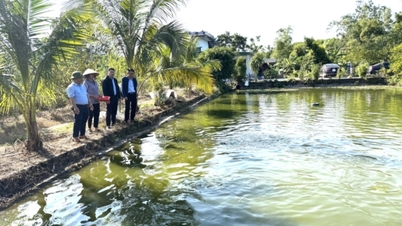

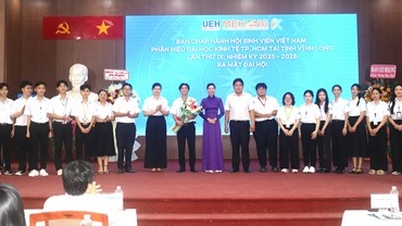

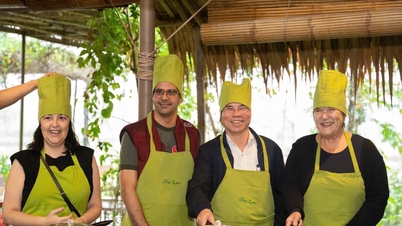


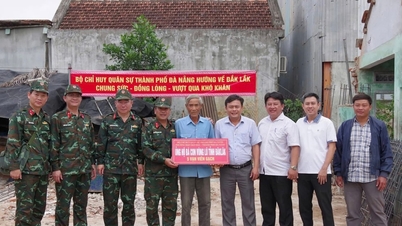
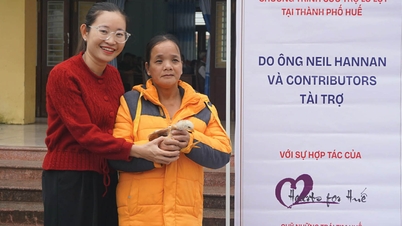




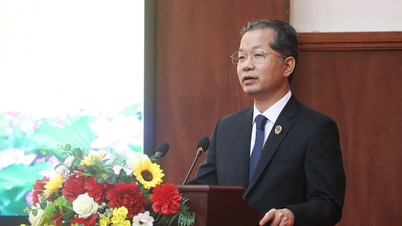

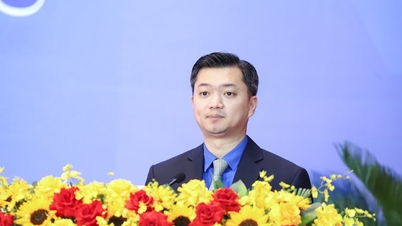
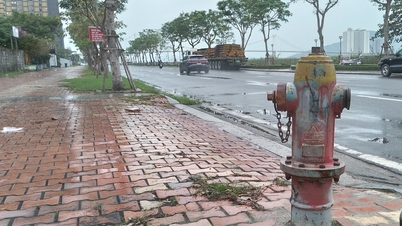
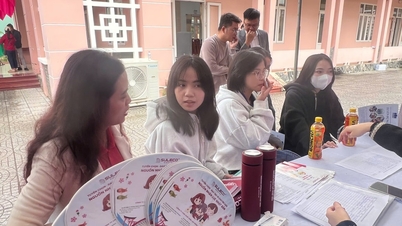







































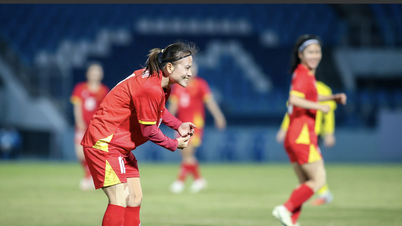



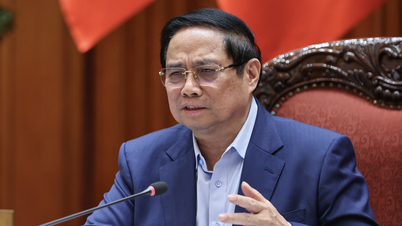




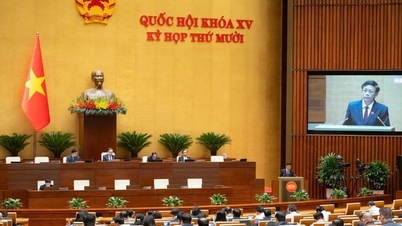
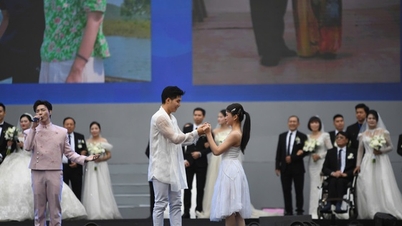


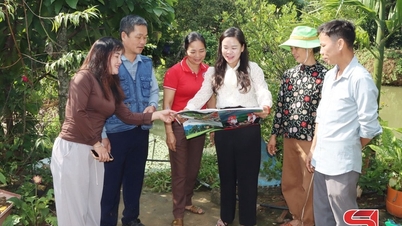

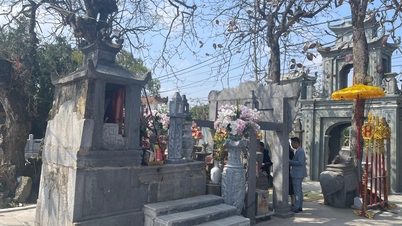

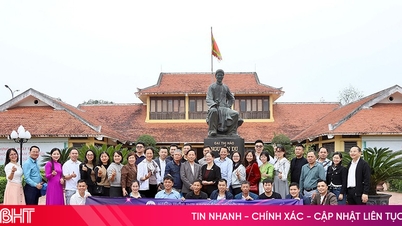













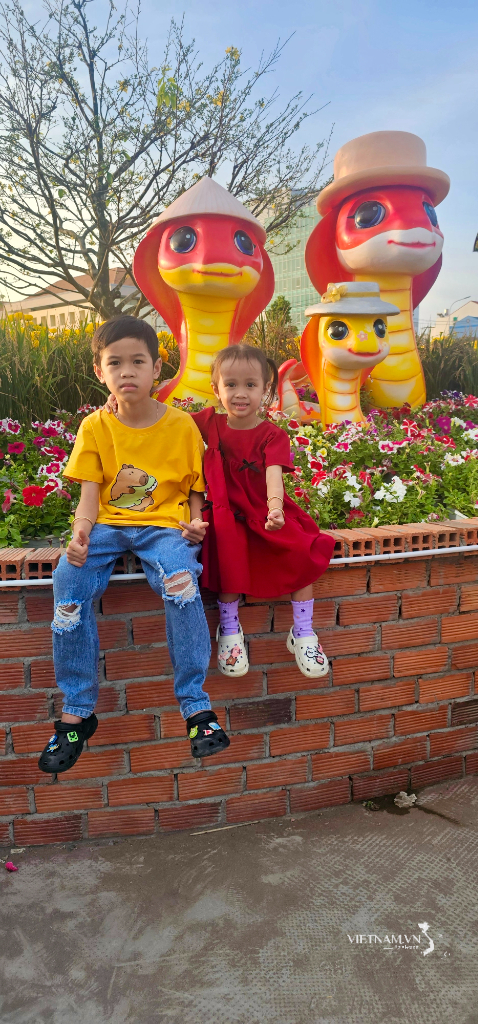





Comment (0)